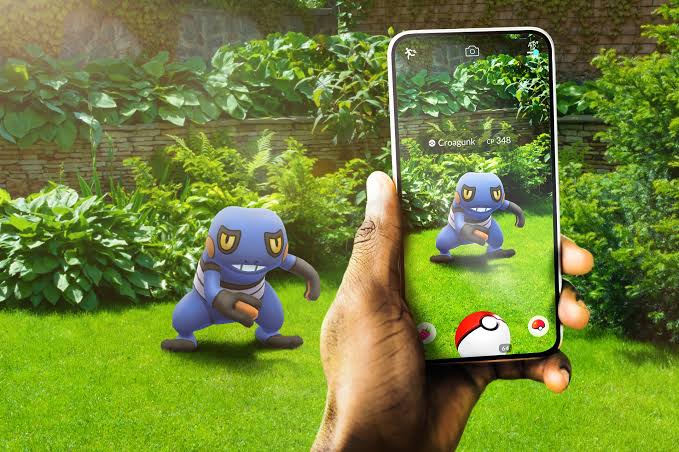In March 2025, Niantic—the developer behind the popular augmented reality (AR) mobile game Pokémon Go—announced the sale of its gaming division to Scopely, a U.S.-based company owned by Saudi Arabia’s Public Investment Fund (PIF), in a deal reportedly worth $3.5 billion.
The acquisition has attracted international attention, not only because of the game’s global popularity but also due to the potential implications for the future of AR gaming and the growing influence of Gulf investments in the tech and entertainment sectors.
When Pokémon Go first launched in 2016, it became an instant global sensation, encouraging players to explore real-world environments to “catch” virtual Pokémon through their smartphones.
Egypt was no exception to the craze. Young Egyptians flooded the streets in search of Pokémon, gathering in parks, outside restaurants, and even near mosques. The game gained popularity quickly among Egyptian youth, who shared their experiences on social media, turning city streets into spontaneous meetups and photo ops.
However, the game also raised serious concerns among some Egyptian authorities and commentators. Ahmed Badawi, the deputy head of the communication committee, called on Egyptian authorities to contemplate banning the game, claiming it could potentially reveal sensitive national security locations to a global audience while reporting to AlJazeera. The primary issue was national security. Because the game uses GPS and requires players to physically move to different real-world locations, critics feared it could lead users to restricted or sensitive areas, including government buildings and security zones.
Although no formal ban was ever issued, other public voices worried about safety risks for players who became distracted in public spaces or ventured into unsafe areas.
Hossam al-Qawish, who was a cabinet spokesperson at the time, stated that Egyptian authorities were examining the potential dangers posed by the game and considering possible regulations to limit risks.
Rumors were also going around regarding religious and cultural voices. Abbas Shuman, a deputy head in Al-Azhar, warned that the game could cause players to unknowingly put themselves in dangerous situations, including walking into traffic while glued to their screens.
The combination of safety concerns and the novelty of augmented reality technology created a lively public debate in the country, one that mirrored similar discussions taking place in other parts of the world like the United States and Japan due to reports of accidents, injuries, and even crimes linked to distracted players led some cities to issue warnings or restrict play in certain areas like military areas and cemeteries.
Despite these concerns, Pokémon Go was never officially banned in Egypt, and many players continued to enjoy it freely. Over time, the hype waned, but the game has maintained a dedicated global user base and continued to receive regular updates.
Following the game’s acquisition, speculations have emerged around user safety and data privacy, with growing concerns that all location data may have been sold. This has raised alarms among players and privacy advocates, who worry about how such sensitive information could be used, especially under new ownership. The potential for increased surveillance or misuse of location tracking has sparked debate about the broader implications for user trust and digital rights in gaming.
Some speculate that Scopely and the PIF might localize the game further, introducing Arabic language support, region-specific events, or culturally relevant landmarks as in-game PokéStops and Gyms. This could increase regional engagement and reflect the broader push for cultural relevance in global gaming platforms or introduce new data protection laws.
Beyond Pokémon Go, since the launch of Vision 2030, Saudi Arabia has been actively investing in the gaming industry as part of its broader strategy to diversify the economy and boost its global digital presence. The PIF now holds significant stakes in major gaming companies like Nintendo, Electronic Arts, and Take-Two Interactive, signaling a long-term commitment to the sector.
The impact of this acquisition remains to be seen, but it has certainly opened up a conversation about how global games can adapt to local contexts. Whether through content changes, safety features, or regional storytelling, Pokémon Go’s future may look quite different under its new leadership—especially in regions like Egypt, where the game’s reception has always been uniquely complex.


